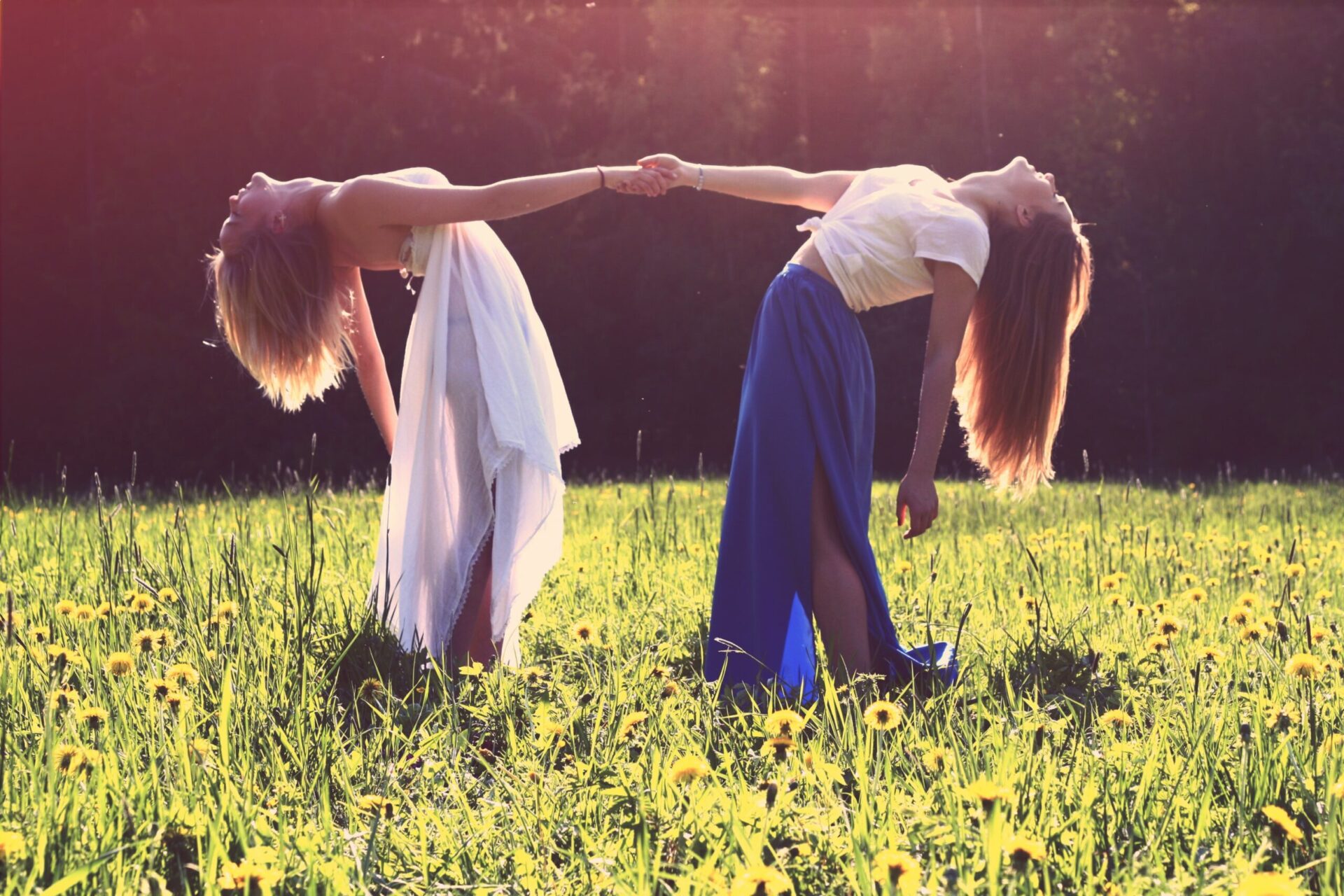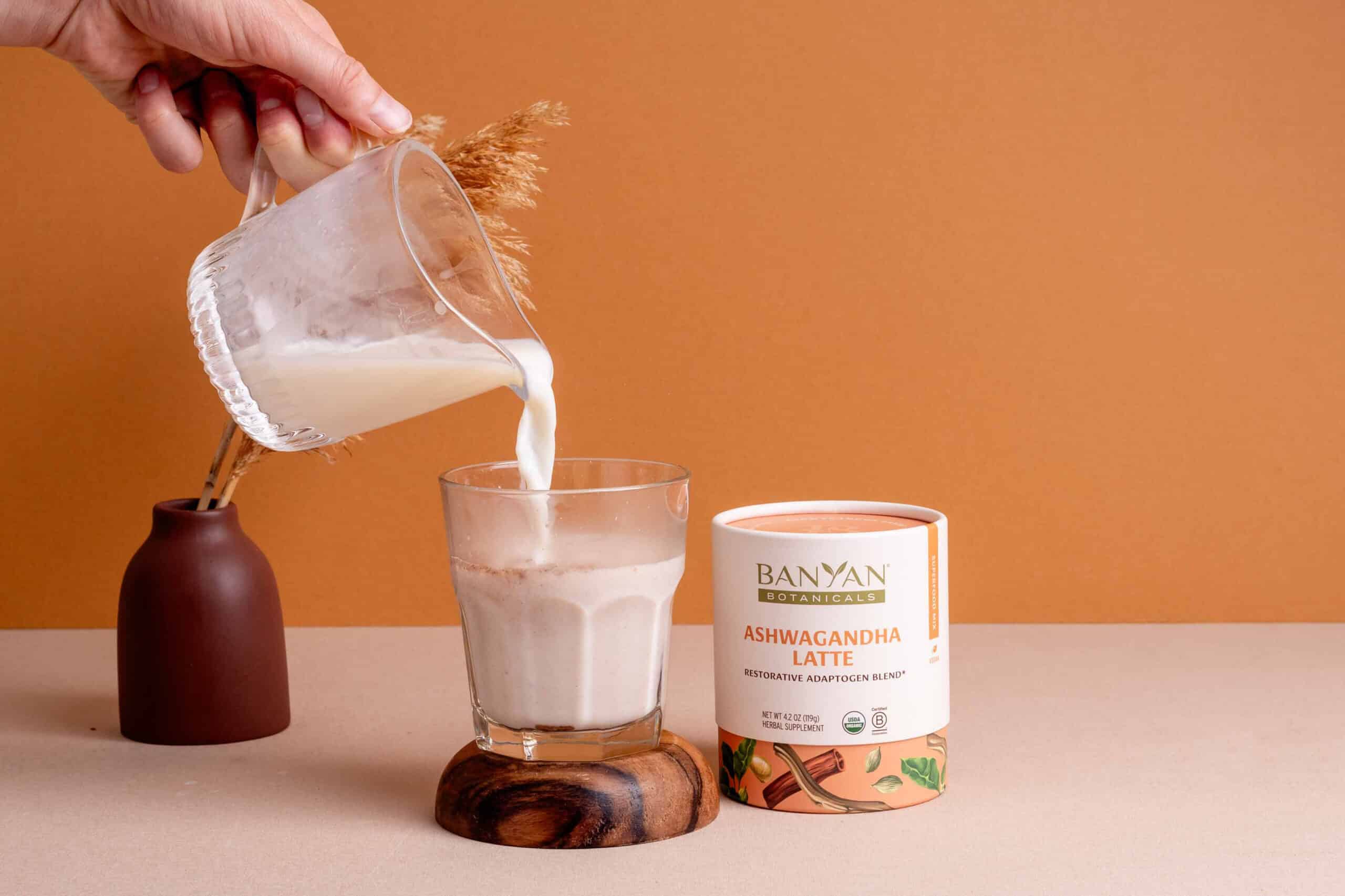Embracing Lila to Fight Pandemic Fatigue | By Teresa Mason
At this point in the pandemic, it’s safe to say that we’re all pretty exhausted. It feels like we can’t ever let our guard down, as if we must be vigilant all the time. If you’re doing daily sun salutations and meditation but still feel like your body is suffering through stress, it might be time to try something a little different. It might be that you need to give yourself a playtime.
It sounds like an odd response to a global pandemic, but playfulness can add vitality and lightness to your life. Play embodies many of the foundations of yoga: showing up with a beginner’s mind, not having expectations, ahimsa (non-harming), single-minded focus, self-study, contentment. These things that children do naturally through play can all be experienced in a yoga class.
Dr. Stuart Brown, head of a nonprofit called the National Institute for Play, defines play as something that’s done for its own sake. In yoga, we have a similar concept called lila. The Sanskrit word lila has a few definitions, which all circle around a “playful goodness” being responsible for all of creation. One way it is explained is that all of existence is a divine play, put on by Brahman (the creator).
In this way, lila has a very Shakespearian “All the world’s a stage…” vibe, which is a great way to look at it! Lila suggests that the story we live in — us, our likes, our struggles, etc — is merely that: a story. All of the attachments and associations you have of “you” are simply props and masks for the true reality, which is one of unity and completion. This concept of lila in our everyday life can create space for perspective and makes it just a little bit harder to let the world’s catastrophes hit us so completely.
When we consider our yoga practice as play, as lila, we can recognize opportunities to see the struggle/fear/frustration as a facade and release it. We choose to see all suffering as the fleeting moment it is, become the witness to our emotions unfolding, and opt-in to the larger view of yoga itself. A laugh can get us out of our own head and bring us back to the practice of presence. When we see play in this way, as lila, we can see how essential it is to our yoga practice, both on and off the mat.
Trying a new arm balance, for example, failing or falling and being able to laugh and try again instead of beating yourself up and letting yourself marinate in failure, is a hugely empowering lesson. In a yoga class, we bend our body into these funky shapes and put on a lila play in order to trigger frustration, struggle or feel-good feelings, and intentionally practice our healthiest response.
Strict lineages might wonder if we undermine the sacred importance of yoga if we call our practice “playing.” Ultimately, we are all here learning how to release attachments. We are here to let go of the idea that we are “supposed” to be a certain way or do a certain thing or expect a certain outcome and, in releasing it, lessen some of our human suffering. Play is an excellent tool for this job.
Sometimes reminding yourself to catch your breath can be done by laughing and beginning again. Sometimes being able to honor how you authentically show up, without labeling it as good or bad, can be best achieved by labeling it as “play” or trying it out for fun. This cuts out the concrete goal and replaces it with the idea that just being here and doing the thing is the achievement. Witnessing our practice or our life and being present with it is the goal. When diving deep into yoga philosophy we should take the time to loosen up and stop taking it all so seriously.
Adding lila to your yoga practice can help you cope with pandemic fatigue by creating a loving space between you and the global crisis at hand. All the world’s a stage — and a yoga practice — in which lila shows us all as merely players. Your breath and your presence can feel difficult right now, but lila gives us permission to live for life’s own sake, to release expectations, and to nourish our lives with compassion and playfulness.
Photos by Julia Caesar.

This full-brim boonie hat is perfect to accompany you on all your summer bucket list excursions. The versatile [...]

Subscribe to Our Tribe
Stay up to date with Y+L News, Events and special announcements.










